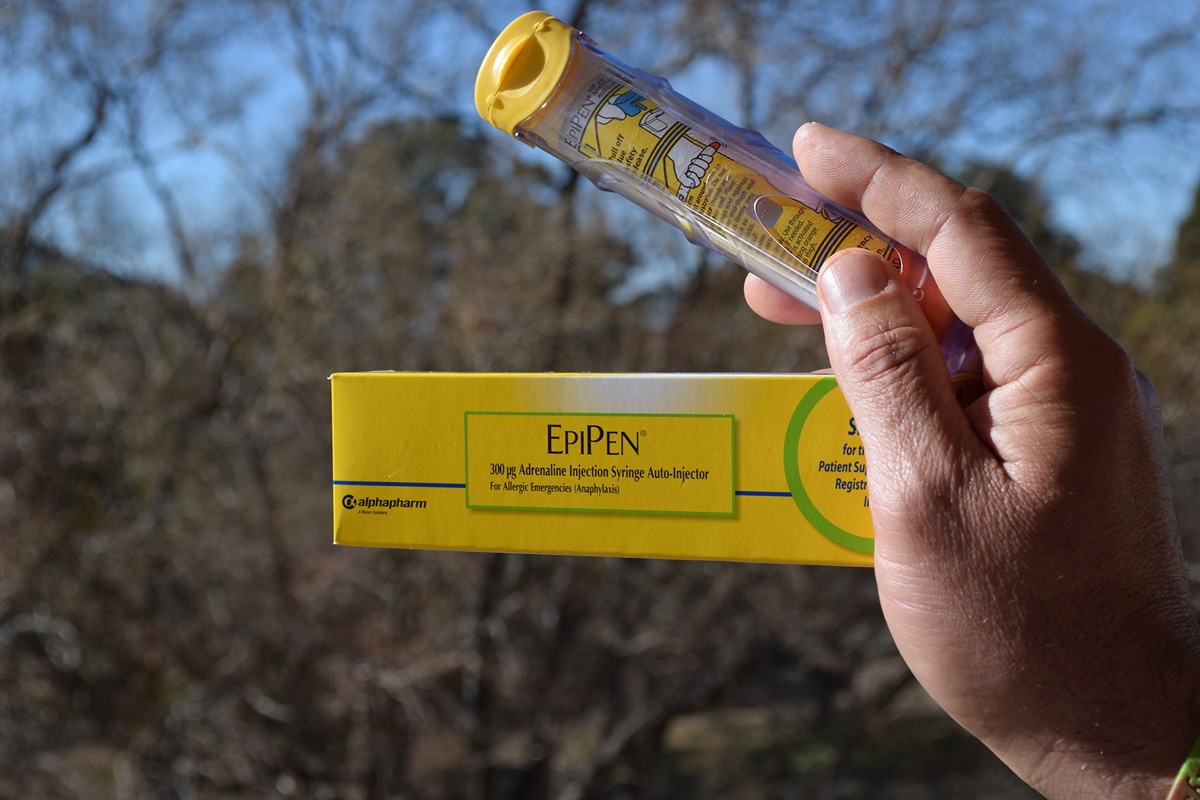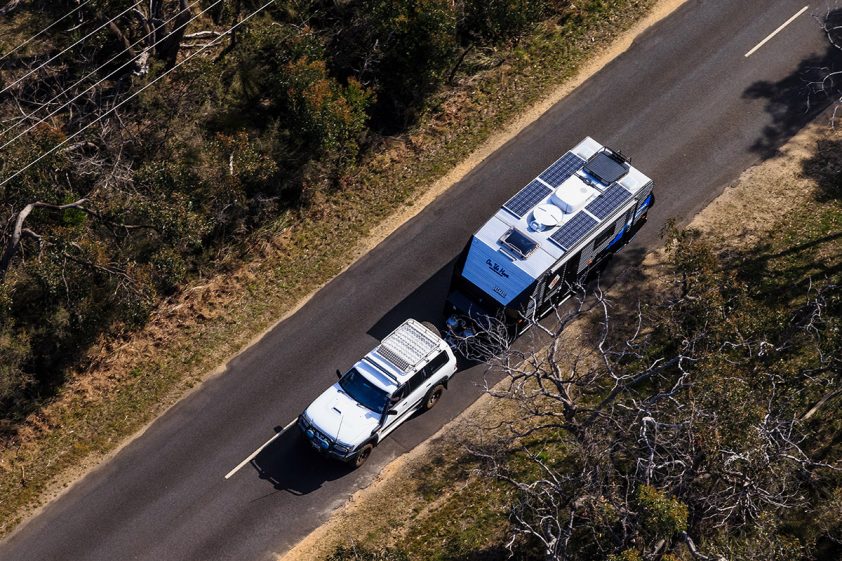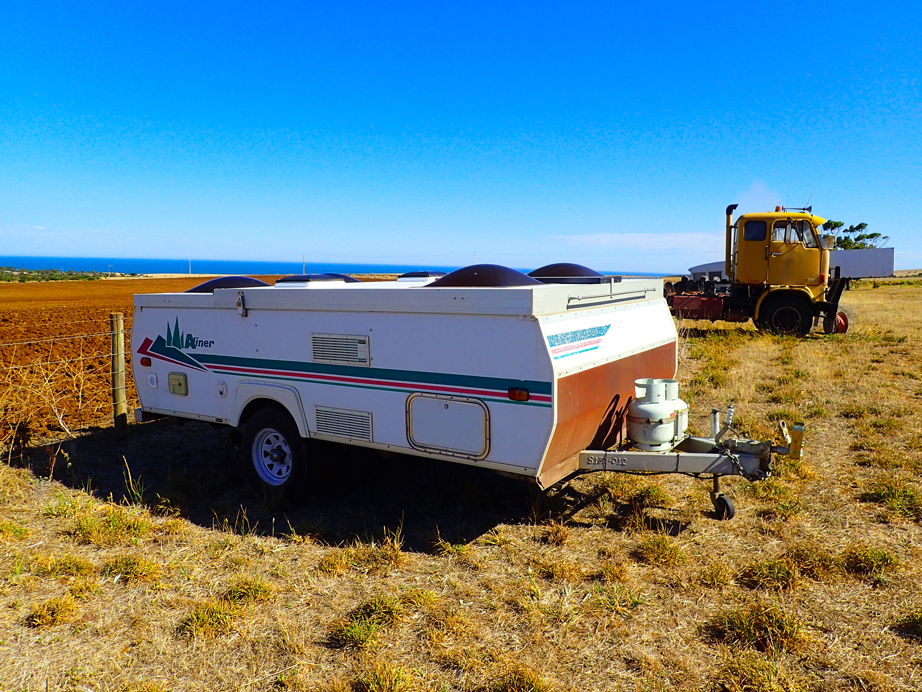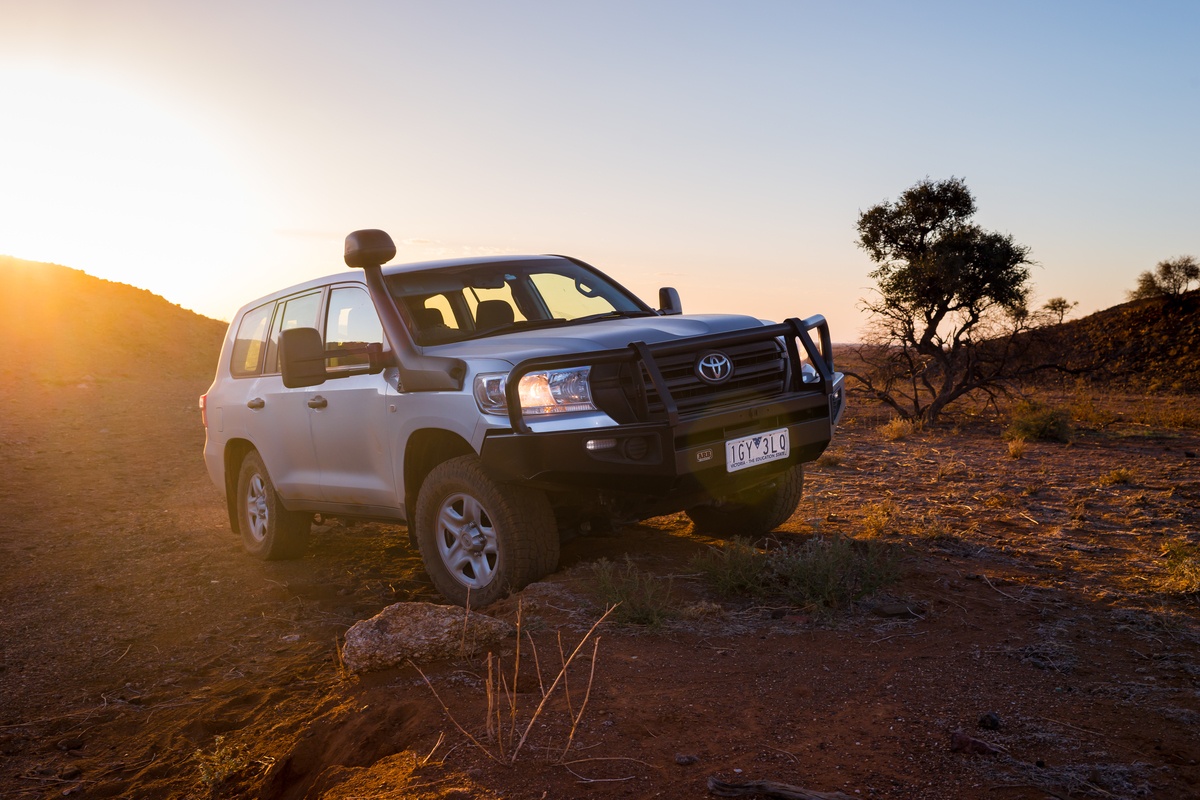Why do most people get First Aid trained? There are three primary reasons.
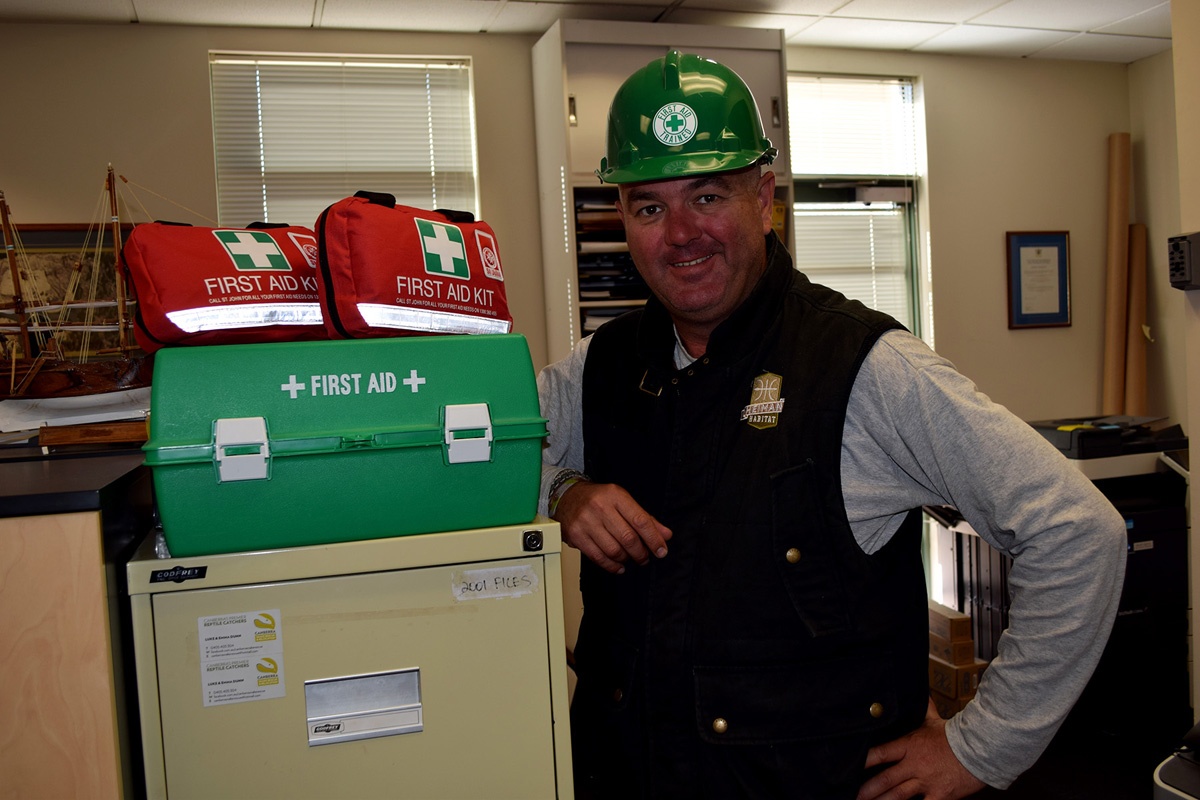
Because it’s necessary for their job and their role. And some people volunteer to be ‘the First Aid guy’ in the office because there’s a financial benefit for filling the appointment.
Because they’re a first-time parent. Becoming a mum or dad is a daunting responsibility. And while some people may take the task in their stride, the capacity to undertake First Aid is a must when little kids are around.
Because they have the urge to do the right thing – because it’s the right thing to do. Call this the ‘Good Samaritan gene’.
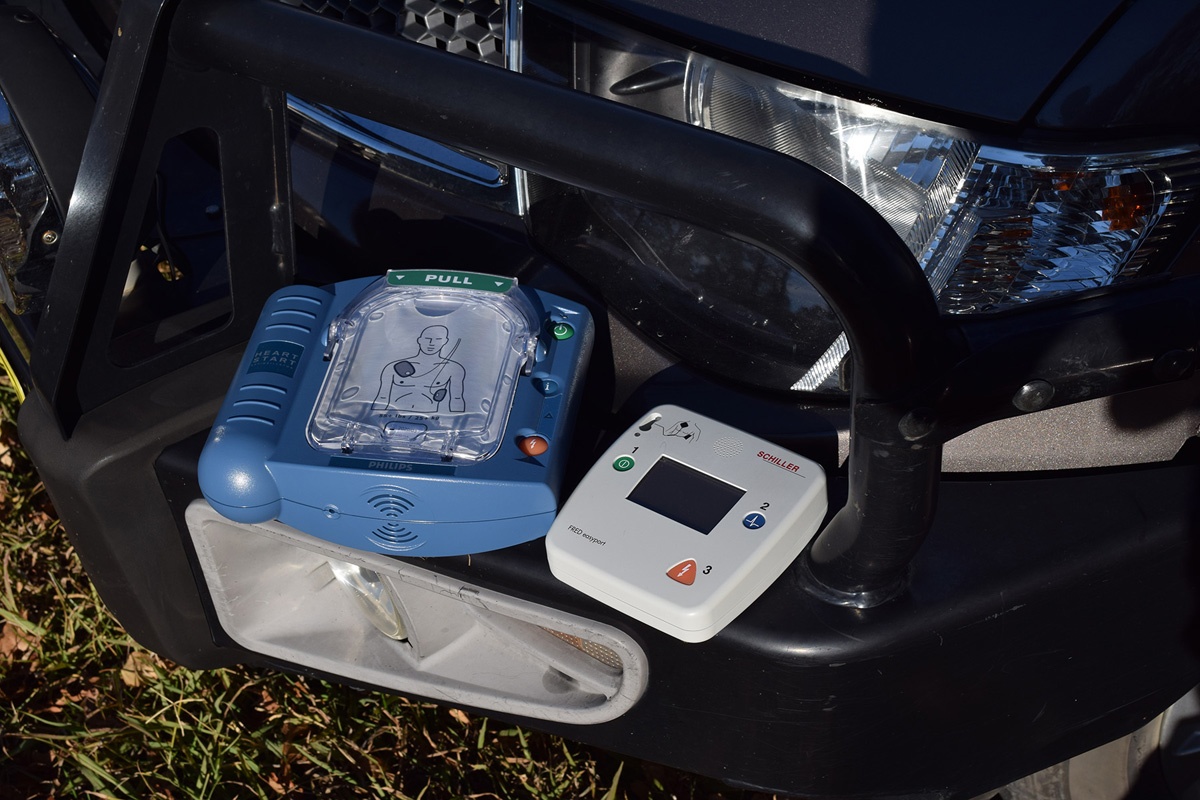
So why should you become First Aid trained? If you spend time on the road, the answer is clear.
Picture yourself on a remote back-track and then ask yourself ‘What if?’ If things go pear-shaped, how long might it take medical assistance to reach you and your travel party? And how far is it to the nearest hospital?
The ‘worst case scenario’ could happen at any time. Make contact at speed with a kangaroo or emu, and the results can be catastrophic. From a car roll-over – to dealing with a flailing injured animal that’s come through the windscreen into the cabin. Imagine the damage a scared animal could do with its claws as it tries to escape whilst you’re safely click-clacked in beside it behind the wheel of a still moving vehicle.
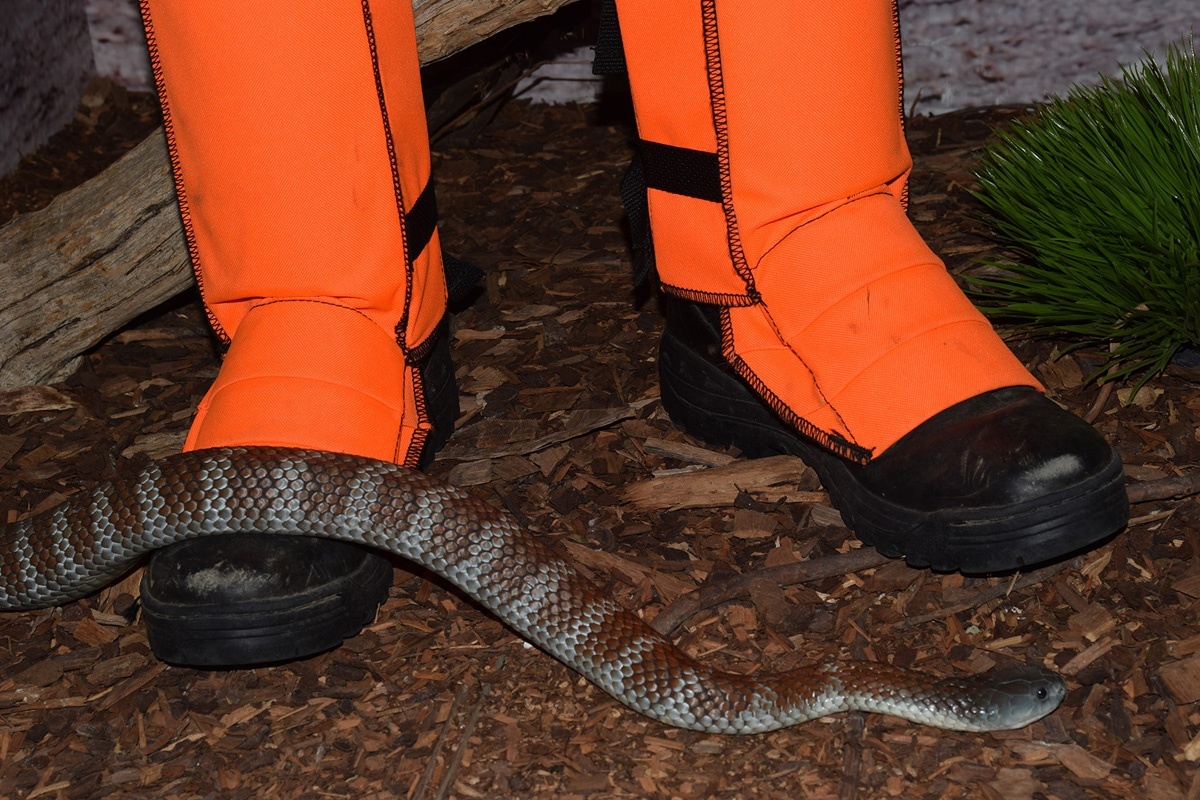
The risk of injury is ever-present around camp too, with chainsaws, axes and the humble steak knife. Add to this snakes, spiders, and exploding gas bottles. Consider too that none of us are getting any younger. As we age, the risk of heart-attack, stroke and related conditions increases. With First Aid training you’ll have both the skills – and the confidence – to provide the first response when the chips are down.
So, rather than wondering ‘should I’ get First Aid trained, perhaps a better question is ‘why aren’t I already?’
Where to get First Aid training
MEET THE AUTHOR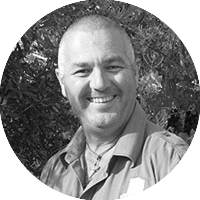
Scott Heiman
Scott is an Environmental Scientist with 25 years combined service in the Army and AFP. He is the Managing Director and Principal Consultant for Heiman Habitat. Combining his skills and professional experience, Scott is a freelance writer and consultant focusing on issues relating to environmental management, bush-craft, remote area operations and camping.

